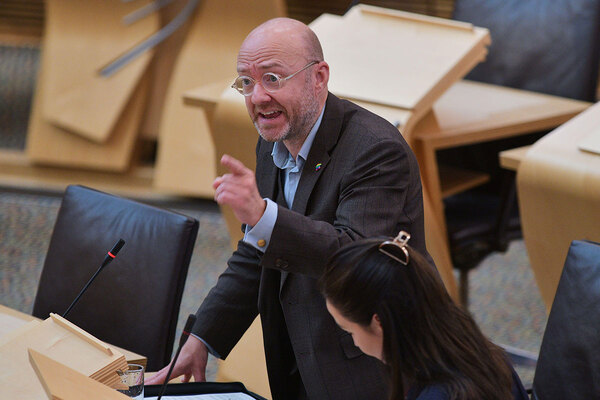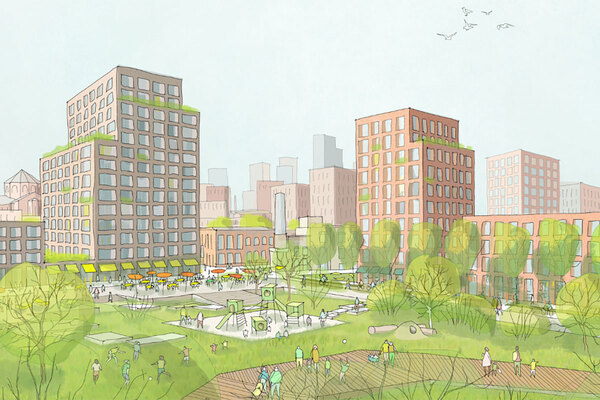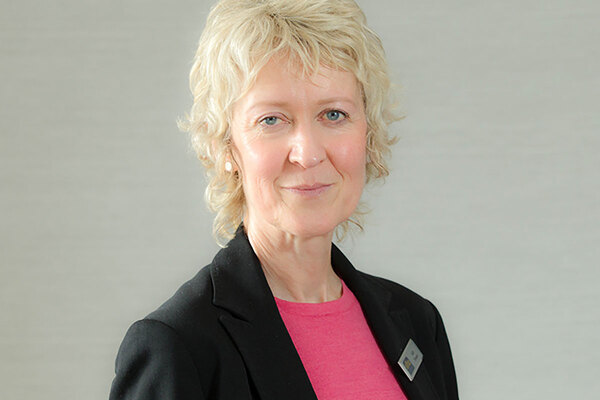Scottish government proposes new social housing net zero standard
The Scottish government has proposed a new social housing net zero standard that would require landlords to replace fossil fuel heat systems by 2045 and reach an energy performance certificate (EPC) rating of B by 2040.
The plans were published alongside a consultation on the Heat in Buildings Bill, which would ban fossil fuel heating in all homes by 2045 and bring in minimum efficiency standards for all homes by 2033 and private landlords by 2028.
To meet Scotland’s 2045 net zero target, the government said the operation of fossil fuel heat systems will be banned by that year under the proposals.
All heat networks will be required to generate most of their heat from renewables or bioenergy by 2045. Buildings within a heat network zone can be required to end the use of fossil fuels by a specific end date.
Proposed energy efficiency standards can be reached by installing the following measures in a property: 270mm loft insulation, cavity wall insulation, draught proofing, heating controls, 80mm hot water cylinder insulation, and suspended floor insulation.
In addition, the Scottish government has launched a consultation on a new social housing net zero standard, which will replace the second Energy Efficiency Standard for Social Housing (EESSH).
The proposed new standard would include a fabric efficiency rating measured and will suggest a target based on space heating demand only. It will not include the energy that tenants use for cooking or powering electrical devices unrelated to heat.
An alternative would be to introduce a two-stage target, for example all homes to reach EPC C equivalent of fabric efficiency by 2033 and EPC B equivalent by 2040.
Possible additional requirements include measures to ensure air quality and to prevent a property that cannot meet the fabric standard by a certain date from being relet after that date.
The government said it planned to continue to measure fabric efficiency using modelled performance and Standard Assessment Procedure rather than measuring actual performance, which it said would be “unrealistic” to expect landlords to do.
It proposed that social housing cannot be relet if the minimum fabric efficiency standard is not met by 2028, although there may be situations where temporary exemptions could continue to apply.
The consultation also seeks views on whether social landlords should have milestones to require proportions of their stock to have clean heating installed: 10% by 2030, 70% by 2040, 100% by 2045.
Where housing stock is not already using a clean heating system, a heat network connection could be offered at reasonable cost. And if there is sufficient capacity in the network, the proposals could require heat networks to be mandatory.
Exemptions could be offered for a number of reasons including where social landlords share buildings with other tenures or owner-occupiers who refuse to participate in works, there are legal issues, or if a social landlord plans to dispose of a property.
A total of 88% of social rented homes in Scotland meet the requirement for the first EESSH, broadly equivalent to EPC C or D. There are around 500,000 gas boilers in the Scottish social housing sector that will need to be changed by 2045 to clean heating systems, such as heat pumps and heat networks.
The consultation will run until March 2024, following which the Scottish government will commission an independent analysis of the feedback. The government expects the new standard would be introduced in 2025 at the earliest.
Sign up for our Scotland newsletter
Already have an account? Click here to manage your newsletters












